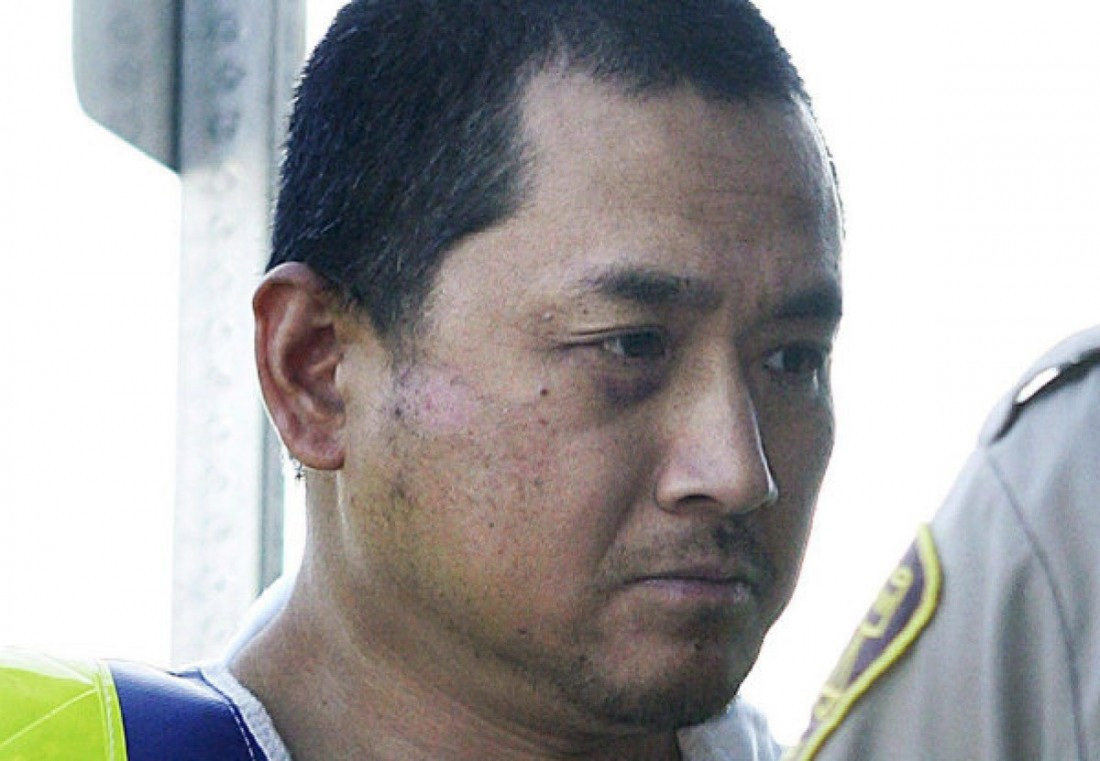Day pass delirium
Experts agree Vince Li paranoia is unfounded
Once again, a public outcry has arisen surrounding Vince Li.
Li, who beheaded and cannibalized Tim McLean on a Greyhound bus near Portage La Prairie in 2008, was found not criminally responsible for his actions. Since 2009, he has been detained at the Selkirk Mental Health Centre where he receives treatment for schizophrenia.
On Feb. 27, the Manitoba Criminal Code Review Board announced its decision to allow Li unsupervised day passes to Winnipeg.
Many have publicly opposed the decision, including McLean’s mother, Carol de Delley, and St. Boniface MP Shelly Glover. But local experts say public distrust of the move is unfounded.
Chris Summerville is the executive director of the Manitoba Schizophrenia Society and has worked personally with Li for seven years.
Summerville says public misconceptions about schizophrenia contribute to public misunderstanding of Li’s case.
“There are many myths (about schizophrenia),” Summerville says. “One is that schizophrenia is split personality or dissociative disorder. It is not. It is a form of psychosis. Secondly, that people with schizophrenia are psychopaths or sociopaths.”
According to Summerville, another myth is that to have schizophrenia means you will automatically be violent, yet 97 per cent of people with mental illnesses aren’t violent and don’t come into conflict with the law.
Summerville says the public is also misinformed about treating schizophrenia and the possibility of recovery.
“Schizophrenia is definitely treatable with a combination of different therapies,” Summerville says. “Recovery is possible in terms of remission of symptoms or successful management of symptoms.”
Beyond these misconceptions, Summerville says other prejudices contribute to the sensationalization of Li’s story.
He points to the case of Lisa Gibson who had postpartum psychosis and drowned her two children before committing suicide in 2013, as an example of a double standard.
“She had psychosis just like Vince Li. There was a lot more compassion and forgiveness and understanding for Lisa Gibson, as a female, as a mother,” Summerville explains.
“Vince Li is Chinese, a foreigner, and the atrociousness of how he killed Tim McLean are driving factors behind the hostility and misunderstanding towards him. If he had just shot Tim McLean, you and I wouldn’t be talking.”
Heidi Rimke, an associate professor of sociology at the University of Winnipeg, agrees societal prejudices play a significant role in the demonization of Li. Rimke has written extensively about Li and how his case relates to the broader trend she calls “bloodlust justice.” It’s a term she uses to articulate “capitalizing on the emotional, especially fear, resentment, paranoia and anger.”
“There was another cannibal case in Winnipeg,” Rimke says, referring to the 2003 case of Sydney Teerhuis-Moar, who dismembered and cannibalized 38-year-old Robin Greene at a downtown hotel. Teerhuis-Moar was sentenced to life in prison for second degree murder in 2008.
“Nobody talks about that one,” Rimke says adding that Greene was indigenous. He also may have been involved sexually with his attacker. “So of course, in our very racist society, we don’t really care about all human life. Just certain, usually just white, usually middle class [life].”
Rimke says the media’s handling of the case contributes to the heated rhetoric surrounding Li and argues that experts on the subject are not included in the discussion.
“But who do they put on the mainstream media? The mother. There’s a reason why victims’ families don’t participate in the justice process. They’re biased,”Rimke says. “I’m not saying don’t let her speak, but be measured. It’s irresponsible.”
Published in Volume 69, Number 24 of The Uniter (March 11, 2015)







